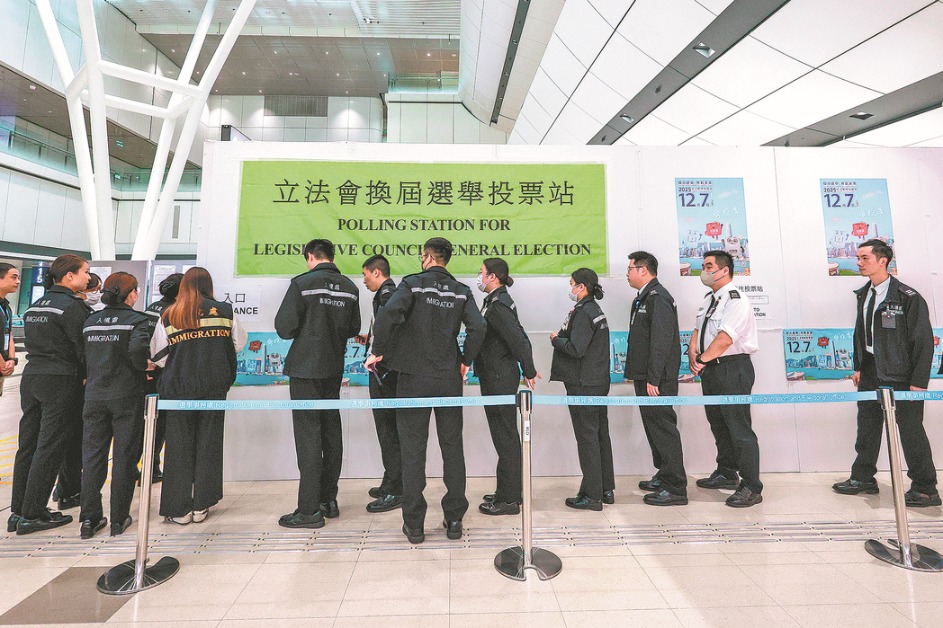Why China declared bitcoin a spent force

 |
| Trading volume on China's major Bitcoin exchanges has plunged in the past week, since authorities tightened regulation of the digital currency. [Photo/VCG] |
By putting restrictions on the trading of the online crypto-currencies generically known as bitcoin, China appears to have moved ahead of the curve. In the first week of this month, the People's Bank of China, the country's central bank, and other financial authorities banned organizations and individuals from raising funds in exchange for unregulated virtual currencies.
Soon afterwards, BTCChina, one of the country's biggest bitcoin exchanges, said it would suspend trading by the end of the month.
With obscure origins less than a decade old, bitcoin is nothing more than a string of computer-generated code, which allows buyers and sellers to exchange goods and services securely and anonymously. That sounds innocent enough. But in reality, virtual currencies also allow criminals and fraudsters to operate below the radar of government regulators.
Another problem is that crypto-currencies can themselves be traded against "official" money in a market that has proved perilously volatile. Rather than evolve into a convenient way to store value-think banknotes or government bonds-they have turned into yet another speculative gamble.
Bitcoin values rose almost fivefold against gold last year to nudge $5,000 by the end of August. Largely in response to the announcements from China, the virtual currency plunged to less than $3,000 by the middle of this month.
China's measures reflect concerns that crypto-currencies, which have no intrinsic value backing them, operate without any kind of government supervision in the market and risk destabilizing the entire financial sector. At worst, Chinese regulators fear the bitcoin phenomenon amounts to a giant Ponzi scheme, in which any rewards offered to investors in a rising market are paid from money already invested rather than from a tangible growth in the underlying value of goods and services.
China's latest move to tame crypto-currencies is not its first, nor was it entirely unexpected. As early as December 2013, the PBOC issued a notice banning financial institutions from dealing in bitcoin.
Exactly three years later, analysts presciently warned investors that further intervention by Beijing could swiftly reverse a bitcoin rally, particularly as the yuan now vastly exceeds the US dollar in bitcoin trading.
Although China's latest measures may represent the most dramatic intervention so far in the burgeoning crypto-currency market, this time it is not alone. While the regulators of other governments have long shared Beijing's suspicions about the rise of bitcoin, major transnational banks have generally maintained a love-hate relationship with online currency innovators.
This time, however-and within barely a week of China's announcement of restrictions-the CEO of JPMorgan Chase in the United States, Jamie Dimon, branded bitcoin as little more than a "fraud". He compared the bitcoin bubble with the Dutch financial crash of the 1600s in which fortunes were made-but mainly lost-in a market based on the trade in tulip bulbs.
Dimon's script could well have been written in Beijing, where monetary authorities clearly share the view that unregulated virtual currencies amount to little more than a scam to defraud the gullible.
He was not alone. In the United Kingdom, the Schroders investment company essentially backed China's strategy within days of Beijing's bitcoin ban when its strategist Huw van Steenis wrote of crypto-currencies: "We should expect more central bankers to look to outlaw or crimp their use. This will be most acute in markets which are worried about capital flight and organized crime."
The current debate will not mean an end to virtual transactions, which have been a liberating factor in the lives of ordinary people who now have the ability to buy and sell beyond their previous physical confines.
The aim of the regulators-in China and elsewhere-is, or should be, to make sure we do not all get scammed in the process.
The author is a senior editorial consultant for China Daily UK. harveymorris@gmail.com
































